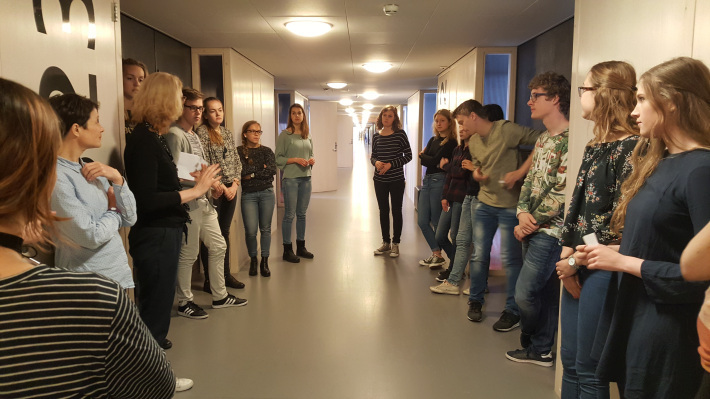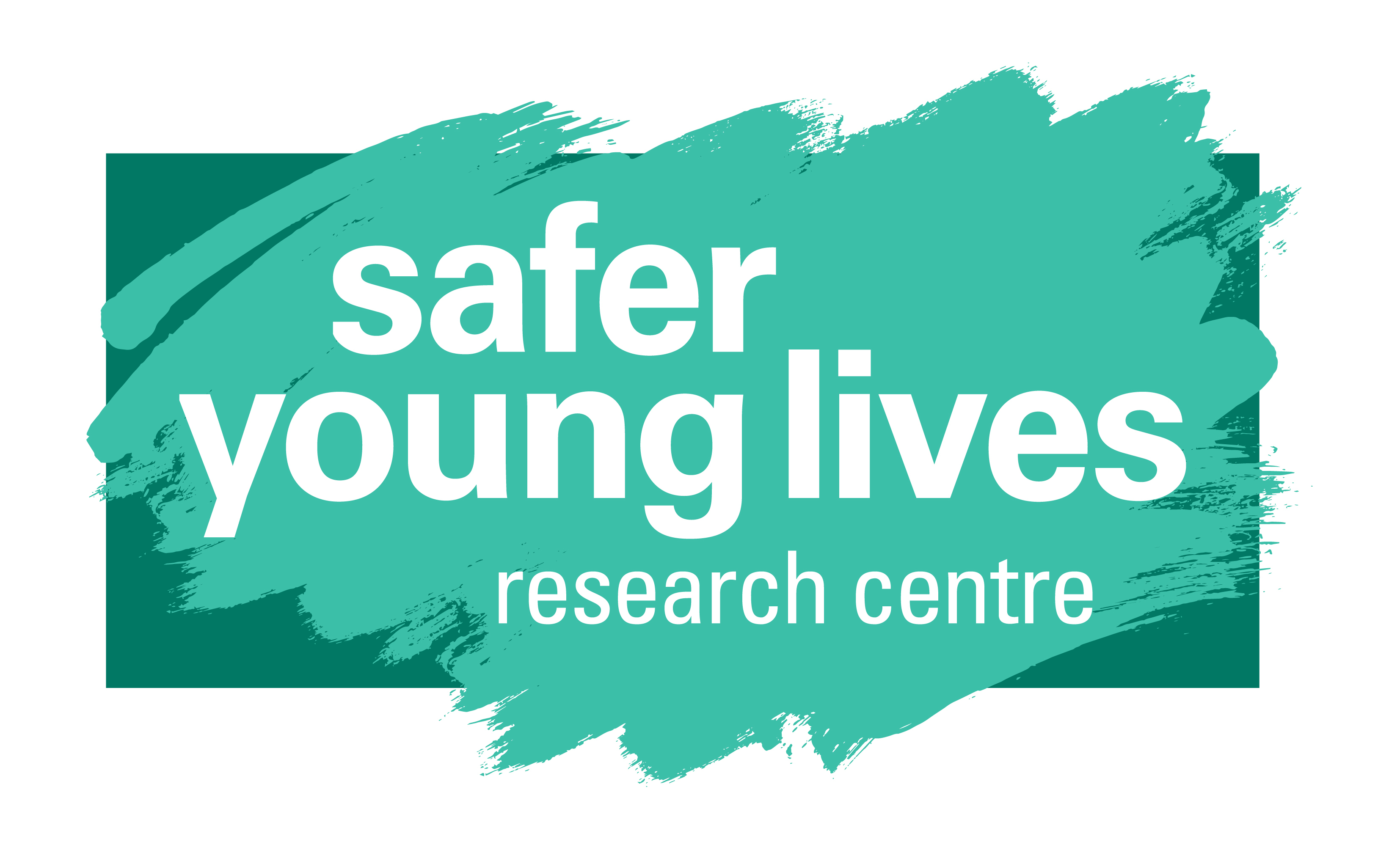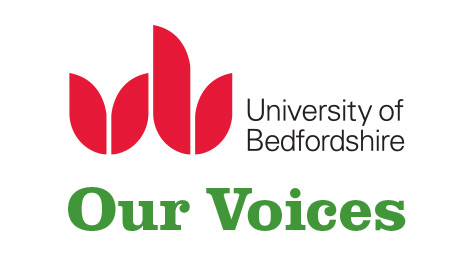Strengthening participatory practice across Europe: resources and updates from the LEAP project

This blog post was originally published on the University of Bedfordshire’s International Centre Blog.
We are developing a series of resources this year alongside our work with coordinators in four different countries. In this post we profile some recent work in the Netherlands.
Resources
The LEAP project is developing a number of resources for practitioners to support them to undertake participatory work. All documents and materials will be available via the Child Hub and International Centre websites during the course of the year. They will include:
- E-learning: an on-line module which takes practitioners through the key concepts of participatory practice when working with young people affected by sexual violence.
- Training manual for youth facilitators: sharing key concepts of participatory practice in order that they can act as peer-advisors to other young people affected by sexual violence.
- Community of Practice Guide: Communities of Practice (COP) are made up by people who have a common sense of purpose (in this case, improving participatory practice for children and young people affected by sexual violence). The value of the work and new knowledge is determined by the members. Each country partner in LEAP (Bulgaria, Romania, The Netherlands and UK) has held six COP meetings with the practitioners they are working with to improve participation with young people affected by sexual violence. You can read a blog post by Claire Cody on attending one of these COP meetings at the Our Voices website. A guide with the COP process and tips is being written ,and will be disseminated in the Autumn.
University Guest Lecture in The Netherlands
On 2nd May I visited staff working in the Vreije Universiteit (Dutch for “Free University”), along with Ivet Pieper, LEAP country co-ordinator for the Netherlands. We spoke to staff, and students doing a degree in Health Communication and the participation of patients. They are developing their own participatory projects to address health issues such as obesity, mental health, smoking/drug taking, hearing damage.
Speaking to staff
On arrival we had coffee and a discussion with staff working in the department. They were all taking part in research projects involving the participation of different patient groups. Speakers outlined the project aims and activities and were asked many questions about maintaining engagement with communities of practice and user groups. The following tips were shared.
- Take time to inform and recruit committed members.
- Remember that participatory facilitation is an eye opener for many people and it takes skill to provide a context of learning and of vision among the members. Identifying and valuing this in the group enables new leaders to be created who can champion participatory practice.
- Maintaining good relations among the members is key – participants need to feel positive about working together and being part of a team of specialists that embrace the same vision.
- Establish a safe space which enables practitioners to share ‘failure’ as well as ‘success’.
- Repeat messages about what participation is and what it is not.
- Provide good, simple examples of participation and methods of how to work with young people that show how participation can be part of everyday practice – not an add on.
- Make good use of practical activities – these are always most popular.
- Ensure that members’ managers agree and are supportive of the principles you are working to
Speaking to students
We introduced the LEAP project and included some research evidence from the International Centre about the importance of participation among children and young people affected by sexual violence.

The Power Walk
We then did a warm up activity with all students to visually demonstrate the importance of participation called the ‘Power Walk’. Each person receives a piece of paper with a character written on it (e.g ‘white middle class man’, or ‘refugee’) but they don’t tell anyone else what character they have. The group all stand in a row at one side of the room, as if at the starting line to a race. Then they listen to some statements (e.g. ‘People listen to me when I speak’ or ‘I have a safe place to live’). Each person takes two steps forward if their response to the statement is a ‘yes’. They take one step forward if their response is a ‘maybe/possibility’, and they stay where they are if the answer is a ‘no’. By the end of the exercise there is a staggered line that illustrates inequality between groups, and the importance of creating spaces for sharing power. These activities will be available as part of the Youth Facilitator training manual.
Applying participation to their own research projects
Students were then tasked with thinking about their own projects: what their intention was, the aims and objectives and how they planned to go about it. Students worked on this activity in small groups and then fed back to the wider group, and peer students and speakers offered tips and advice to improve their work. Students valued this feedback a great deal as it highlighted important elements they had not thought about. These included ensuring that the user group understand the issue they are researching – by consulting with the user groups directly at the outset of the work and asking them how they would solve the dilemma.
LEAP will be visiting other countries in other Universities over the next few months and we will report further on these events and other dissemination activities






